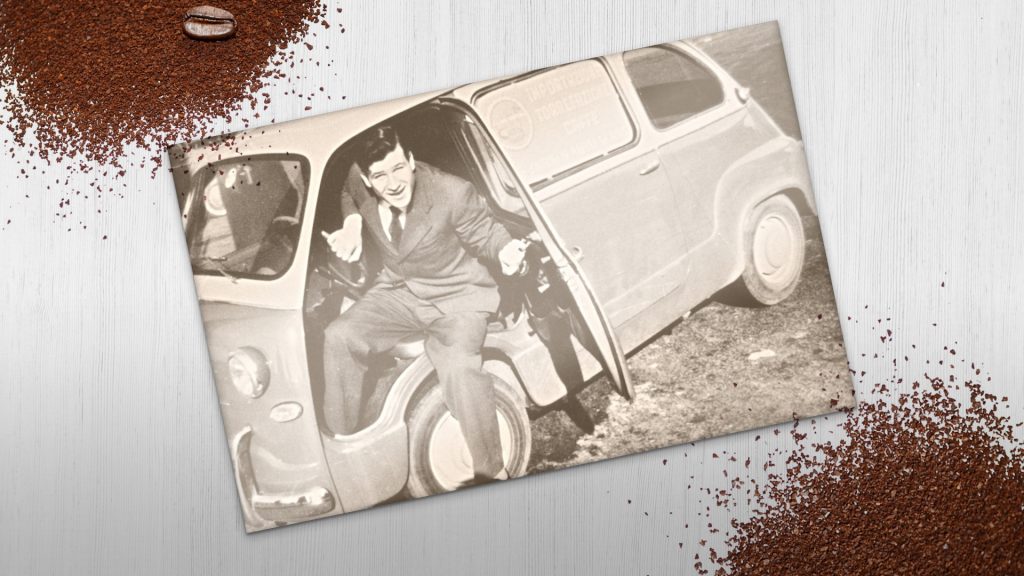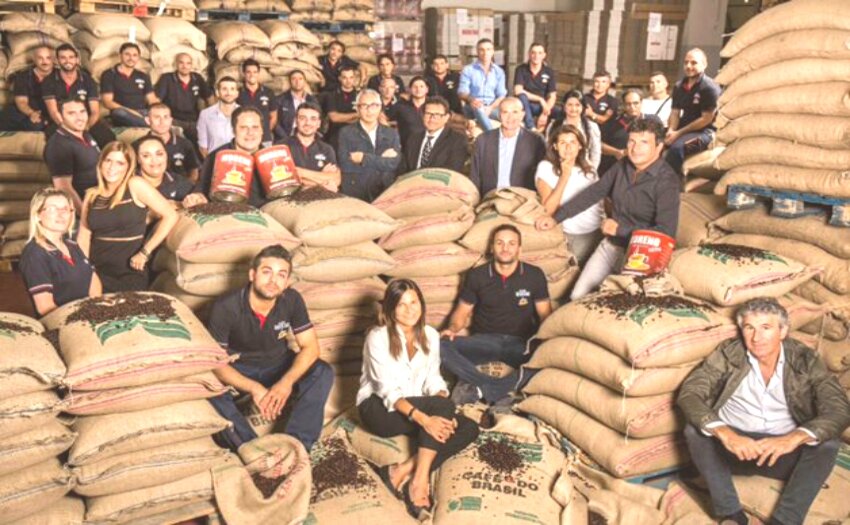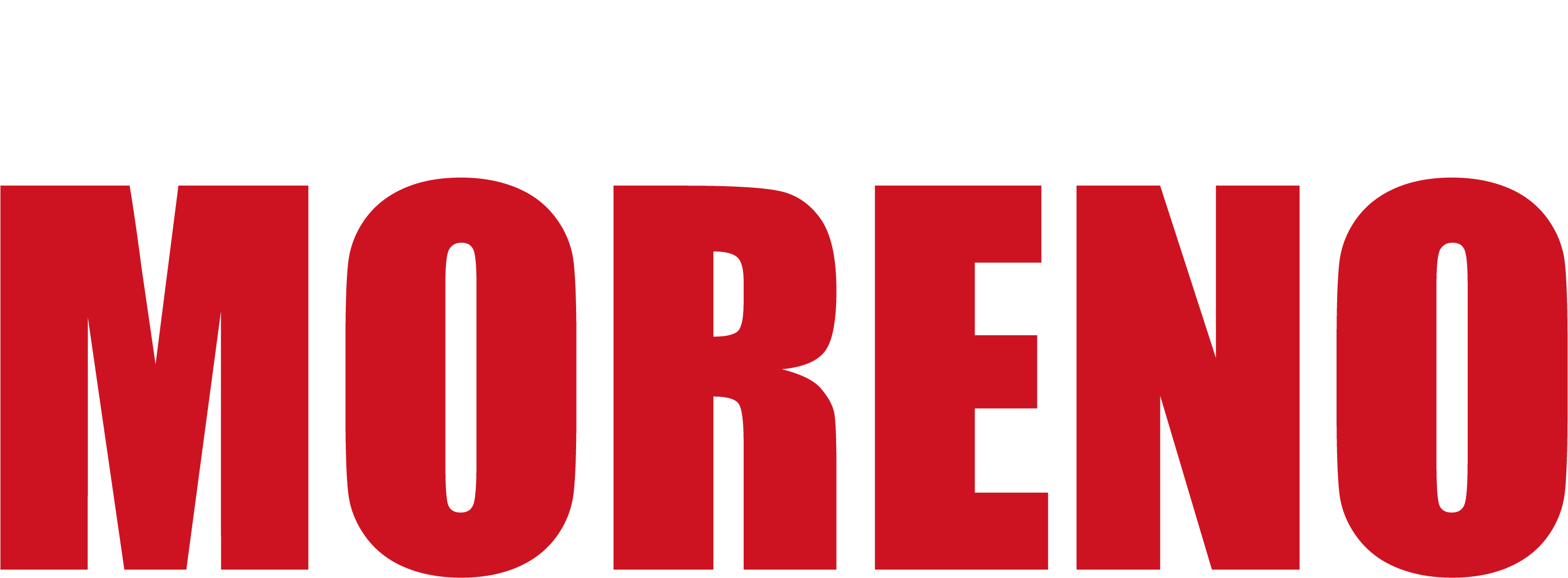
How Caffe Moreno was born
In the early 60s the young Ferdinando Percuoco had the intuition to create a small artisan roasting to support and attach the management of the bars, which at that time used to roast their own coffee. This is how CM, a small company with only 2 employees and a toaster with a capacity of only 60 kg, was born in Casoria, an industrial area just outside Naples.
The 70s
The company, after 10 years of activity, is already established in Campania region, with numerous supplies to bars. Precisely in these years, in 1972, began the supply to the most prestigious bar in Naples, the Gran Caffè Gambrinus, which still serves our best blends today. The sales volume is growing more and more, leading the company to the decision to use a roaster with a capacity 4 times higher than that previously used, and a tenfold increase in the number of employees.
The growth of the production of blends for the domestic sector and for the Vending channel
After the involvement of the 4 children in business areas, in the 80s Caffè moreno detects higher levels in the Horeca sector. In 1996, perceiving the signs of a changing market as regards the use of coffee within the home, in addition to the classic packs of ground coffee, the first productions of pods.

The territorial expansion of the real Neapolitan espresso
The commercial policy of the company moves more and more towards the national market with the opening of new stores in the main Italian regions. The first opens in Rome, thanks to the acquisition of Caffè Teichner brand in 2010, which has allowed us to enter in the Roman market with an important number of customers, which has been transformed over the past decade into all Caffè Moreno customers. , and which leads to the supply to the most prestigious bar in the capital, the Antico Caffè Greco in via Condotti. To date, Caffè Moreno owned 7 branched deposits in the main Italian regions: Lombardia, Lazio, Calabria, Puglia, Sicily, Piemonte and Molise. In addition to branching in the domestic market, commercial horizons are also shifted to foreign markets, offering totally unknown coffee blends in certain countries. In fact, the company is present in 4 continents, reaching distribution in 60 countries, bringing the Neapolitan coffee culture to the world.
